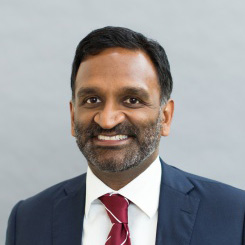Actonites know about all the benefits of globalization.
Most of these benefits are economic but also have much greater and often unseen social impact as well. Increased international trade in goods and services promotes division of labor and an efficient use of scarce resources, resulting in lower-priced, higher-quality products. The poor are often the greatest beneficiaries as both producers and consumers. People all over the world come to recognize their increased interdependence, not only with their local grocer or tailor, but with others in faraway lands.
Only the most xenophobic and nationalistic foes of economic and social progress would be against globalization, right?
Wrong.
In nearly every country of the world, including those who have thrived in the last 10-20 years of increased trade, globalization is under attack and in danger of being reversed.
See here for the troubles being reported in Europe, here in the United States, and here in India. And there’s plenty more out there.
This most recent backlash against globalization shows how fears of insecurity prey on mass perceptions and how arguments in favor of economic efficiency are rarely strong enough to resist these fears.
Readers of the Acton PowerBlog know how important religious leaders can be in shaping moral arguments and more of these leaders need to understand just what is at stake here. A collapse of the global economic system resulting from increased protectionism would be an unmitigated disaster for everyone.
There are reports that Pope Benedict is planning a social encyclical on work. It would be a perfect opportunity to re-examine John Paul II’s groundbreaking “Centesimus Annus” and the more recent trends the world has seen.

